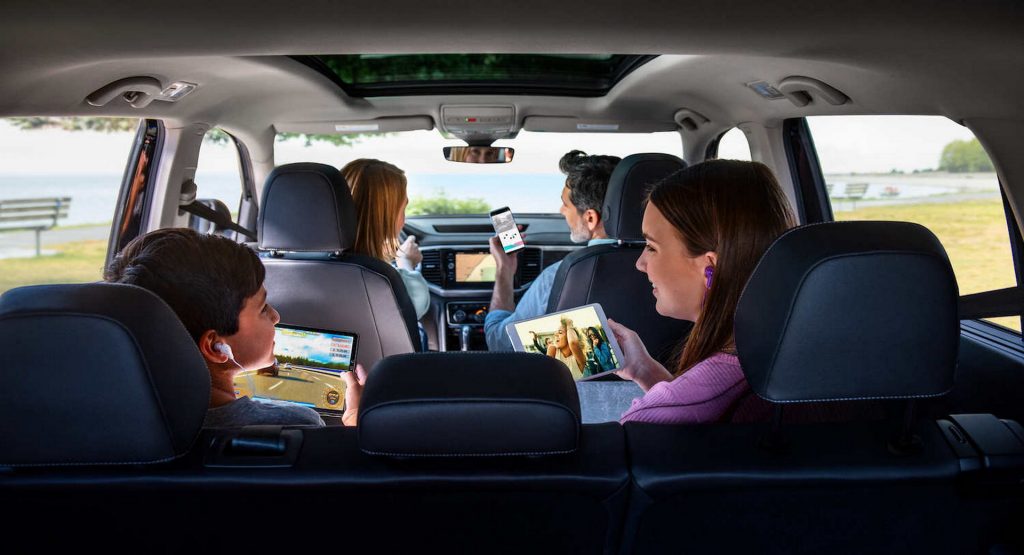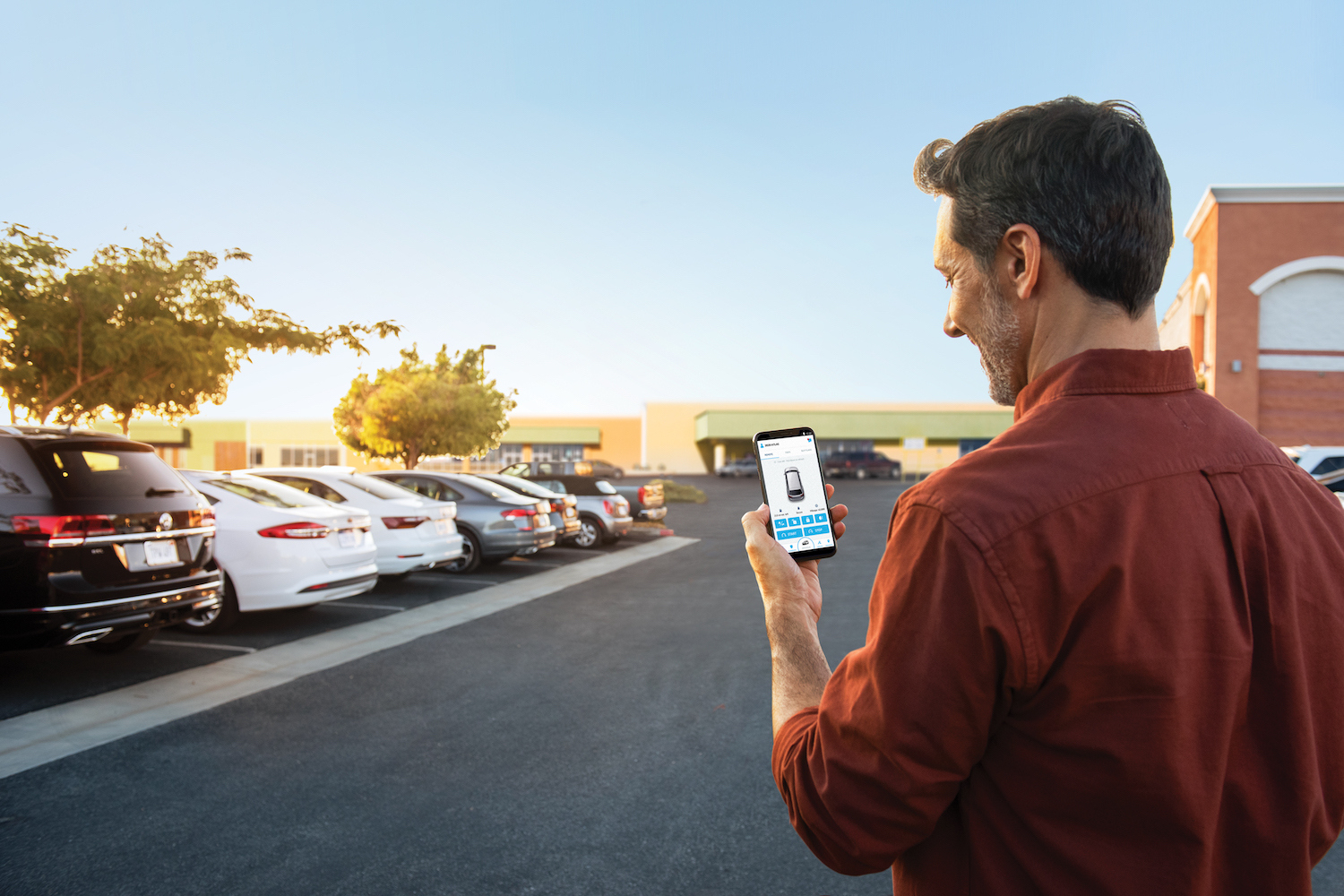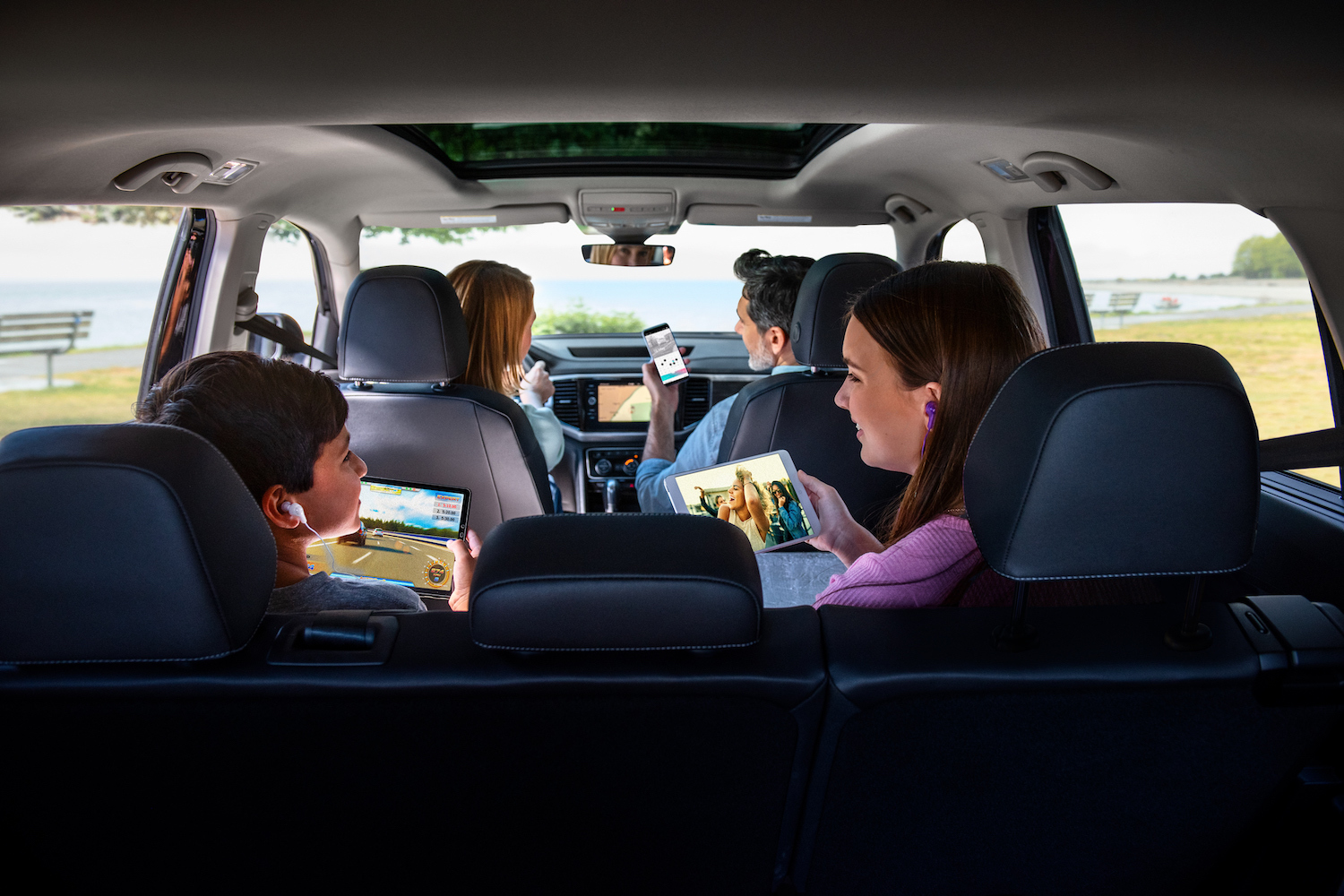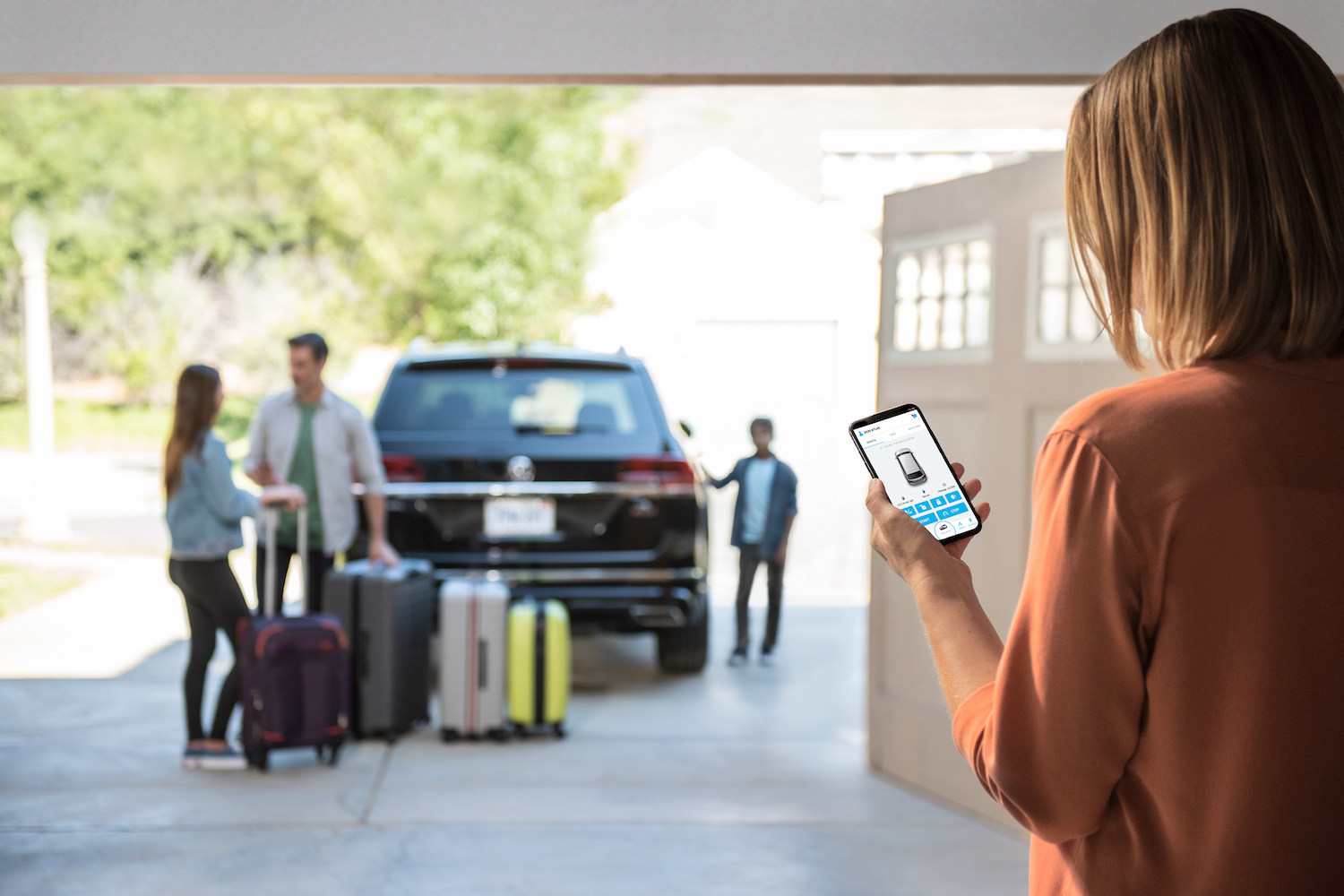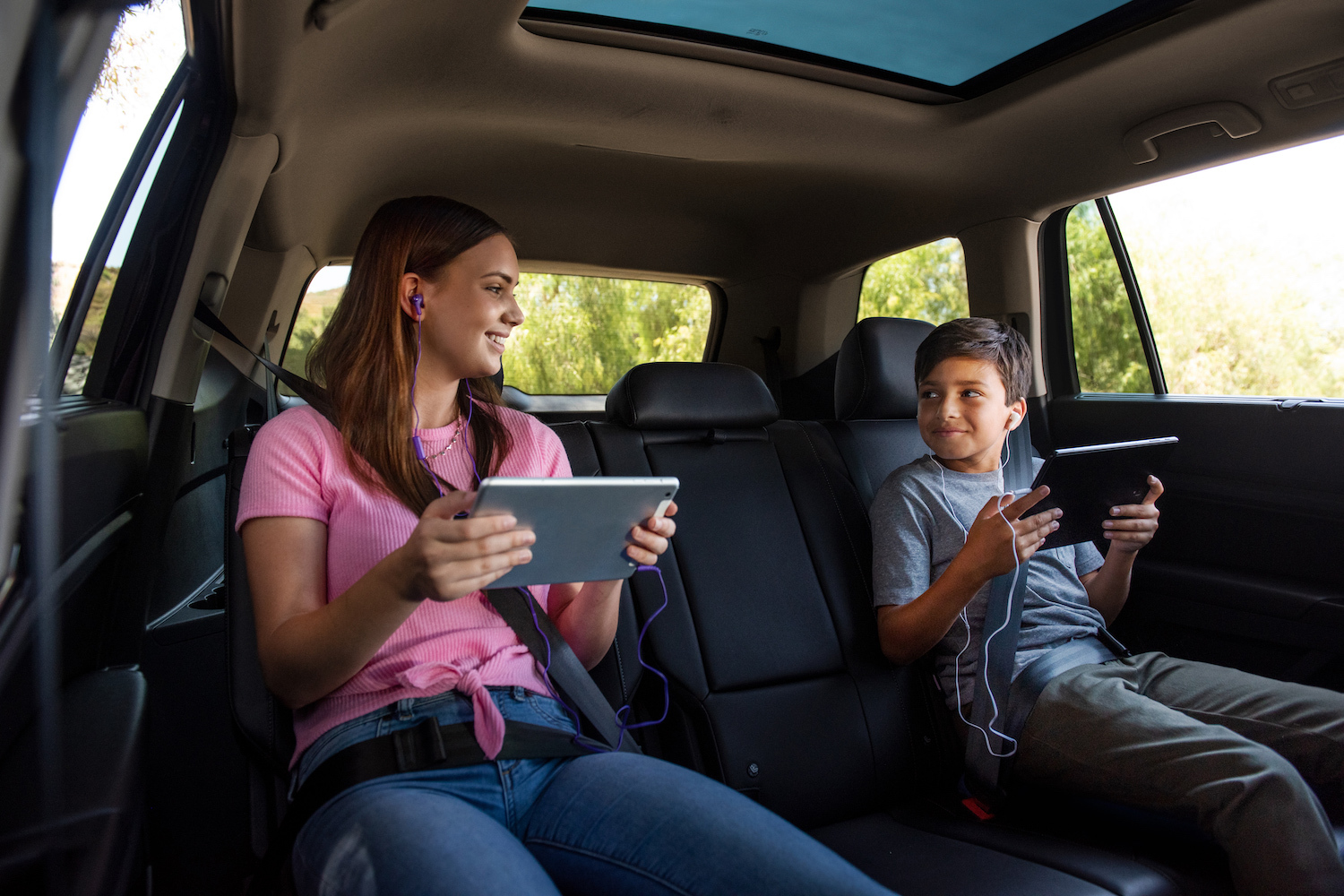Some of us still remember the days when in-car navigation was a novelty; and, truth be told, at first they were sometime erroneous, but soon, the tech was improved and now work flawlessly. Nowadays, though, in-car tech has progressed way beyond sat-nav – and this is turning out to be a double-edged knife.
Today, even mainstream cars come equipped with a multitude of connectivity and other tech features. Things like streaming radio or movies, WiFi, remote control of some functions via a smartphone applications or over-the-air updates, to name but a few, are becoming increasingly common. And this is where this can turn sour.
According to a new report from IntSights, both the hardware and software found in modern vehicles are making them vulnerable to hackers. And, apparently, it’s the manufacturer’s fault, as they have underestimated the threat this poses to their cars.
“The pressure to deliver products as fast as possible puts a big strain on vehicle security capabilities, manufacturing facilities, and automotive data. Industry leaders have since come to understand that cybercrime threats to cars were not as far-fetched as originally thought,” the report says.
“IntSights discovered easy-fo-find online shops that sell car hacking tools on the clear web. These online shops sell services that disconnect automobile immobilizers, as well as services that sell code grabbers and forums that give bad actors a complete tutorial on how to steal vehicles.”
Also Read: 2020 Land Rover Defender To Get A Remote Control Function For Off-Roading
Keyless entry and start has been around for quite some time, and this, too, was easy to exploit at first, but carmakers solved that security loophole. Other tech features, though, are still not as secure, especially those that allow for wireless connectivity.
Mind you, this is nothing new. As TechRepublic notes, in 2015, during a DefCon presentation, Chris Valasek and Charlie Miller demonstrated how they could stop engines, initiate the brakes, and manipulate other vehicle functions simply via a cellular connection. Moreover, with a number of models being connected to the automakers in order to receive over-the-air updates, cybercriminals can just as easily take control of them if they manage to hack into the company’ servers.
Now, the responsibility is on the automakers to tighten up their security protocols. Which, with millions (if not billions) lines of code into all these apps, is not an easy task. It’s nevertheless imperative, though, because we wouldn’t even want to think about what would happen if someone suddenly took control of our car while we were driving it, which is just one of the possible scenarios – and, we guess, neither would you…



